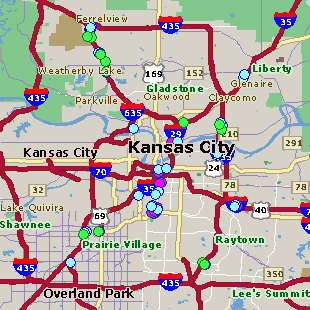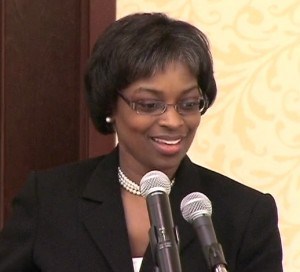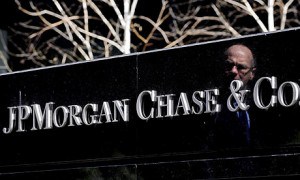
Party time in Kansas City, Kansas
Kansas City, Kansas is creating some jealousy across the river in the much larger Kansas City, Missouri in reaction to Google’s announcement yesterday that it was bringing its 1 gigabit per second fiber to the home network to KCK.
Local bloggers called Google’s announcement “a game changer” for the city’s software developers and health care providers, who represent a large part of the city’s high tech economy. The announcement also thrilled local schools and universities, who will be able to deliver broadband service that rivals world leader South Korea in as little as one year from today.
Speculation about why Google chose the Kansas-based suburb of Kansas City has been rampant. Among the biggest theories is that the local utilities, with whom Google must negotiate for space to accommodate its fiber cables, are owned by the local municipality, not private corporations. With local government officials eager to cut red tape and avoid political or economic minefields which could delay the project, having public utilities as a partner may have made a decisive difference in the final decision.

The 'Kansas City' in the smaller type represents the Kansas suburb of the much larger Kansas City, Mo.
Demographics experts suggest Google might have chosen KCK because it represents classic middle-America with a growing digital economy — a perfect laboratory to watch what comes from ultra high speed Internet access.
The presentation by Google rivaled a glowing Hollywood production, one TV news team remarked. Live-streamed on the web to a global audience, company officials vaguely promised the choice of KCK was the beginning of a potentially broader fiber network not just limited to a single Kansas city, although company officials seemed to restrain themselves out in the parking after the event, suggesting the network could be expanded regionally, saying nothing about other cities further afield.
Local newscasts told the Google story to Kansas City viewers in varying degrees of intensity, often relegated to pointless outdoor live stand up shots scattered around the city. There isn’t much to show for a network that exists only in the form of a website.
A Silicon Valley expert echoed the sentiment that faster broadband can bring dramatic development to the communities that have it, sometimes in surprising ways. It’s less about what one can do with 1Gbps service today and more about the possibilities for tomorrow. But CNBC’s Jon Fortt added some applications may have only limited national appeal if the rest of the country lives with slower broadband service than cannot support the latest online innovations.
Still, excitement is easy to find among the journalists, local politicians, and other community members across the range of local news coverage.
It brings to mind just how ironic it is that a city like KCK will soon have some of the fastest broadband connections in the country while states like North Carolina are on the cusp of enacting legislation that will guarantee they will never be a part of the transformative broadband revolution — at least those who don’t live in Wilson or Salisbury. Every member of the legislature in that state should watch and learn.
[flv width=”480″ height=”380″]http://www.phillipdampier.com/video/KSHB Kansas City Google to KCK 3-30-11.flv[/flv]
KSHB-TV Kansas City’s NBC station devoted the most time to Google’s arrival, including a special interview by satellite with CNBC reporter Jon Fortt, discussing the implications of 1Gbps broadband for KCK. (11 minutes)
[flv width=”640″ height=”380″]http://www.phillipdampier.com/video/KCTV Kansas City Google to KCK 3-30-11.flv[/flv]
KCTV-TV Kansas City’s CBS affiliate spent more than five minutes in their newscast covering Google’s gigabit network, including interviews with a local blogger and health care expert. (7 minutes)
[flv width=”512″ height=”308″]http://www.phillipdampier.com/video/WDAF Kansas City Google to KCK 3-30-11.flv[/flv]
WDAF-TV, the Fox station for Kansas City, emphasized what Google will do for area students in bringing faster, more reliable broadband to the region. (7 minutes)
[flv width=”640″ height=”380″]http://www.phillipdampier.com/video/KMBC Kansas City Google to KCK 3-30-11.flv[/flv]
KMBC-TV, Kansas City’s ABC station, tries to explain what 1Gbps broadband represents with a water faucet. The station’s coverage continues with the impact fiber broadband will have on local health care. (4 minutes)


 Subscribe
Subscribe





